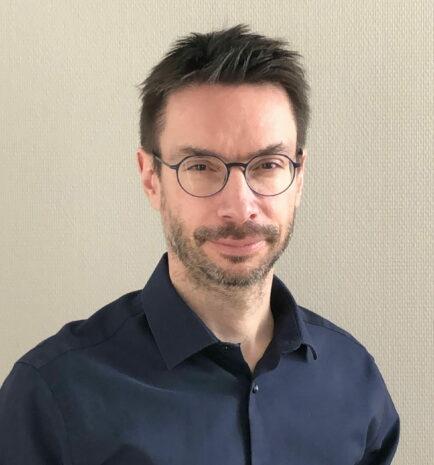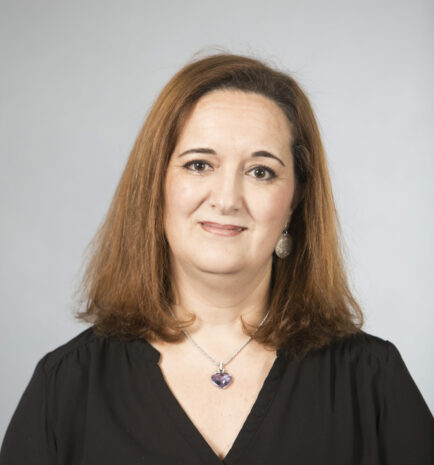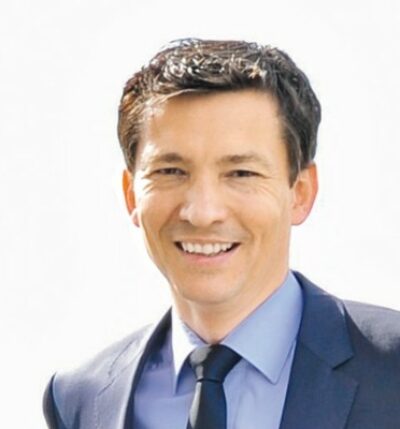
Einstein Day serves as a gateway for students from top-tier Chinese universities to learn about the benefits of studying in Switzerland.
Come to Switzerland to study and boost your study and career opportunities at the highest level! In this Zoom webinar, you will hear from high-level university representatives and accomplished alumni of five top Swiss universities to get first-hand information about study programs and university choices in the country in the heart of Europe.
Switzerland has a top-level education system in the world and is an excellent hub for top universities. Outstanding Swiss universities regularly rank globally among the leading universities for science and technology. In addition, public research institutions such as the European Organization for Nuclear Research (CERN) and international organizations such as the United Nations have their headquarters in Switzerland. The academic landscape in Switzerland comprises twelve universities awarding doctorate degrees, as well as eight universities of applied science, which offer a more practice-focused approach to studying.
Agenda
18:00-18:01 CST (11:00-11:01 CET) Welcome Remarks
18:01-18:11 CST (11:01-11:11 CET) Introduction Swiss ERI System
Dr. Philippe Roesle, CEO and Consul, Swissnex in China
18:11-19:11 CST (11:11-12:11 CET) Introduction to Leading Swiss Public Universities
Dr. Olivier Küttel, Head of International Affairs, EPFL
Anders Hagström, Head International Affairs, ETH Zurich
Prof. Dr. Olivier Baudoin, Head of Chemistry Department, University of Basel
Noria Mezlef, Head of International Relations Office, University of Geneva
Prof. Dr. Harald Gall, Dean of Faculty of Business, Economics and Informatics, University of Zurich
19:11-19:15 CST (12:11-12:15 CET) Testimonials from Alumni
Speakers
-
![]()
Bio
Dr. Olivier Küttel
Head of International Affairs, EPFLOlivier Küttel studied physics and mathematics and got a PhD in plasma physics from the University of Fribourg, Switzerland. After a two-year post-doc in Montreal, Canada, he worked for many years in the field of nanotechnology and surface science at the University of Fribourg. From 1999-2000 he served as a patent expert for the Swiss Federal Institute of Intellectual Property. In the fall of 2000, he became the first director of Euresearch, a private organization mandated by the Swiss Government aiming to inform, advice and support researchers from academia and the private sector to get involved in European research and innovation projects. In August 2012 he was appointed Head for European Public Affairs and Delegate to the President of EPFL. On January 1st, 2018 he took over as Head of EPFL’s International Affairs Division. Over the last 16 years he has participated in various European projects and served on several expert groups and evaluation committees on behalf of the European Commission.
-
![]()
Bio
Anders Hagström
Head International Affairs, ETH ZurichAnders Hagström is Head of International Affairs in the Office of the President at ETH Zürich. Before taking up his present position in 2008 he was the project manager of ETH World, an ICT development program for education, research and services. Career stations before joining ETH Zürich in 1999 include various positions in the field of continuing professional development and lifelong learning for engineers at Helsinki University of Technology, the International Association for Continuing Engineering Education (IACEE), the University of Cambridge and the European Federation of National Engineering Associations (FEANI).
-
![]()
Bio
Prof. Dr. Olivier Baudoin
Head of Chemistry Department, University of BaselOlivier Baudoin obtained his PhD degree in 1998 under the supervision of Prof. J.-M. Lehn and Dr. M.-P. Teulade-Fichou at Collège de France, Paris. After a post-doc with K. C. Nicolaou at the Scripps Research Institute, La Jolla (USA), he was recruited as CNRS researcher at the Institut de Chimie des Substances Naturelles (France) in 1999, where he became a group leader in 2004. In 2006, he was appointed as Professor at the University of Lyon and since 2015 he has been a Full Professor at the University of Basel (Switzerland). In addition, he has been serving as head of the Chemistry Department since 2021. He received the CNRS Bronze Medal in 2005, the Young Professor Award from the French Chemical Society, Organic Chemistry Division in 2010, and was a Junior Member of the Institut Universitaire de France from 2009-2014. His current research focuses on the development of new methods for the functionalization of C–H bonds and their application to the synthesis of complex functional molecules.
-
![]()
Bio
Noria Mezlef
Head of International Relations Office, University of GenevaMs. Noria Mezlef is the Head of the International Relations and Partnerships Office (SRIP) of the University of Geneva since 2019. The SRIP is responsible for the implementation of the international strategy of the UNIGE. As such, it carries out various missions related to the administration of international programmes, the maintenance and conclusion of collaborations with international organisations and partner institutes. Prior to that Ms. Noria Mezlef worked in an international global environment in managing and co-ordinating the administrative, financial and human resources of three Geneva based international non-profit organisations; ensuring the set up and daily operation of their secretariat. Ms. Noria Mezlef has also an extensive field experience in post conflict countries (Palestine, Bosnia and Herzegovina, Iraq) mainly with the United Nations. She worked in various areas from capacity building, good governance, elections, reintegration of DPs and refugees and economic development with a common objective: shifting from emergency intervention to sustainable development. Noria holds a Specialized Post Graduate Degree in Political Science with a specialization on developing countries from the Panthéon-Sorbonne University.
-
![]()
Bio
Prof. Dr. Harald Gall
Dean of Faculty of Business, Economics and Informatics, University of ZurichHarald Gall is Dean of the Faculty of Business, Economics, and Informatics at the University of Zurich (UZH). Furthermore, he is a professor of Software Engineering in the Department of Informatics at UZH. Prior to that, Harald Gall was an associate professor at the Technical University of Vienna in the Distributed Systems Group (TUV), where he also got his PhD (Dr. techn.) and master’s degree (Dipl.-Ing.) in Informatics. His research interests are in software engineering with a focus on software evolution, software architectures, software quality analysis, program families, cloud-based software engineering, IoT, and distributed and mobile software engineering. Harald Gall is probably best known for his work on software evolution analysis and mining software archives. Since 1997 he has worked on devising ways in which mining these repositories can help to better understand software development, to devise predictions about quality attributes, and to exploit this knowledge in software analysis tools such as Evolizer or ChangeDistiller.





